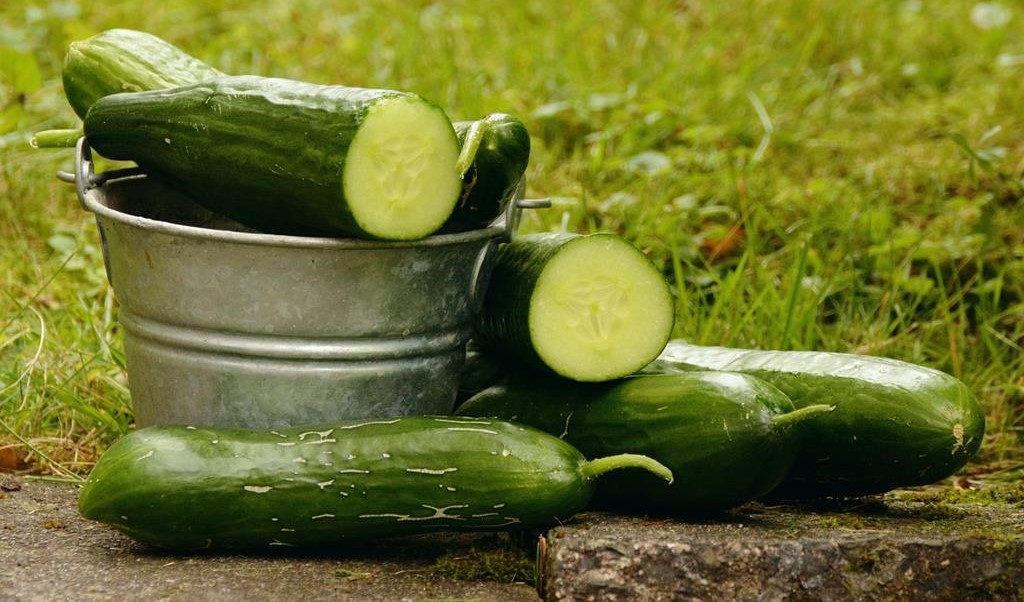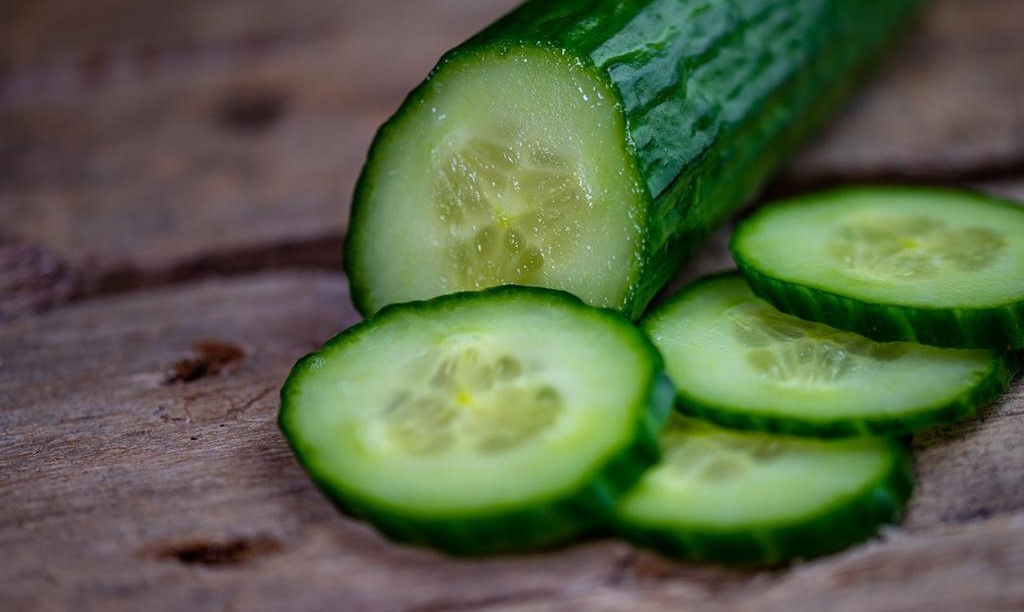Cats are known for their unique dietary preferences, often favoring a diet primarily composed of animal proteins. However, as responsible pet owners, we may occasionally wonder if it’s safe and beneficial to introduce other foods, such as vegetables, into our feline companions’ diet.
One common question that arises is whether cats can eat cucumber. In this article, we will explore the suitability of cucumber for cats, potential benefits, and any associated risks.
Understanding Cat Nutrition
Before we delve into the specifics of cats and cucumbers, it’s essential to understand the typical dietary needs of these graceful felines. Cats are obligate carnivores, which means their bodies have evolved to thrive on a diet primarily based on animal-based proteins. Their digestive systems are optimized for extracting nutrients from meat, and their nutritional requirements include essential amino acids, vitamins, and minerals like taurine, vitamin A, and arachidonic acid.
Key components of a cat’s diet include high-quality proteins, essential amino acids, fatty acids, vitamins, and minerals. These nutrients are crucial for maintaining a cat’s overall health, including their coat, skin, and organ function.
Can Cats Eat Cucumber?
Cucumber is a vegetable and is generally not toxic to cats. In small quantities, it is considered safe for feline consumption. However, it’s essential to be aware of the following considerations regarding cats and cucumbers:
- Low Nutritional Value: Cucumbers are mostly water and contain very few calories and nutrients. While they provide hydration, they lack the essential nutrients that cats require from their diet, primarily derived from animal sources.
- Digestibility: Some cats may have difficulty digesting plant matter, including cucumber, due to their unique digestive systems optimized for processing animal-based proteins. Introduce cucumber to your cat’s diet gradually and observe for any signs of digestive upset.
- Choking Hazard: Cucumbers have a crunchy texture and can pose a choking hazard if not chewed thoroughly. Always offer cucumber in small, finely chopped pieces to reduce this risk.
- Allergies and Sensitivities: Cats can develop allergies or sensitivities to various foods, including vegetables like cucumber. If you notice any adverse reactions, such as digestive issues or allergic symptoms, discontinue offering cucumber.

How to Offer Cucumber to Your Cat
If you decide to include cucumber in your cat’s diet, follow these guidelines to ensure their safety:
- Small Portions: Offer a very small, finely chopped piece of cucumber as an occasional treat. This should not replace your cat’s primary diet of meat-based protein.
- Supervise Consumption: Observe your cat while they eat cucumber to ensure they chew it thoroughly and do not swallow large, potentially choking pieces.
- Frequency: Cucumber should be an infrequent treat and should not make up a significant portion of your cat’s diet.
- Preparation: Wash and peel the cucumber to remove any pesticides or waxy residue. You can also lightly cook or steam the cucumber to make it easier for your cat to digest.
Do cats like cucumber?
Cats generally do not like cucumbers. In fact, many cats are startled or frightened by cucumbers when they encounter them unexpectedly. This reaction has become a popular internet meme where people place cucumbers behind their cats while they are eating or distracted, causing the cat to jump or react in fear.
It’s important to note that this reaction is not because cats have a natural aversion to cucumbers specifically, but rather because they are easily startled by unexpected objects or changes in their environment. Cats are naturally cautious animals, and when they see something unfamiliar appear suddenly, they may perceive it as a potential threat.
It’s not recommended to intentionally scare or startle your cat with cucumbers or any other objects. It can cause stress and anxiety in your pet, and it’s always best to provide a safe and comfortable environment for them. If you want to introduce new objects or experiences to your cat, it’s better to do so gradually and in a positive, non-threatening way.
Can cats eat cucumber seeds?
Cucumber seeds are generally not toxic to cats, and in small amounts, they are unlikely to cause any harm. However, it’s essential to keep in mind that cats are obligate carnivores, which means their diet primarily consists of meat. While they can occasionally nibble on plant matter, including cucumber seeds, it should not be a significant part of their diet.
If your cat ingests a few cucumber seeds by accident or during play, it’s unlikely to be a cause for concern. However, if your cat consumes a large number of seeds or plant material, it could potentially lead to digestive upset, including vomiting or diarrhea.
To be on the safe side, it’s best to limit your cat’s access to cucumber seeds and other non-meat foods and ensure their primary diet consists of high-quality cat food formulated to meet their nutritional needs. If you have any concerns about your cat’s diet or health, it’s advisable to consult with a veterinarian for guidance.
Is raw cucumber good for cats?
Raw cucumber is generally safe for cats in small amounts, and some cats may even show a mild interest in it due to its crunchy texture and water content. However, it’s important to understand that cucumbers don’t provide any significant nutritional benefit for cats. Cats are obligate carnivores, which means their primary dietary requirement is meat-based protein. While they may occasionally nibble on plant matter, it should not make up a substantial portion of their diet.
If you want to offer cucumber to your cat as an occasional treat or a small snack, make sure it is cut into small, manageable pieces and that the skin and seeds are removed. The skin and seeds can be tougher and less digestible for cats. Additionally, you should monitor your cat’s reaction to cucumber and ensure it does not cause any digestive issues or allergies.
Remember that every cat is unique, and some cats may have preferences or sensitivities to certain foods. Always introduce new foods gradually and in moderation to see how your cat reacts. If you have any concerns about your cat’s diet or if you’re considering adding new foods to their diet, it’s a good idea to consult with a veterinarian for guidance.
Conclusion
In conclusion, cats can eat cucumber in small quantities as an occasional treat. While cucumber is not toxic to cats and provides hydration, it should not replace their primary diet of meat-based proteins.
Always prioritize a balanced diet that meets your cat’s nutritional needs, and consult with your veterinarian if you have concerns or questions about introducing new foods into your pet’s diet. When offered in moderation, cucumber can be a safe and occasional addition to your cat’s treat options.



